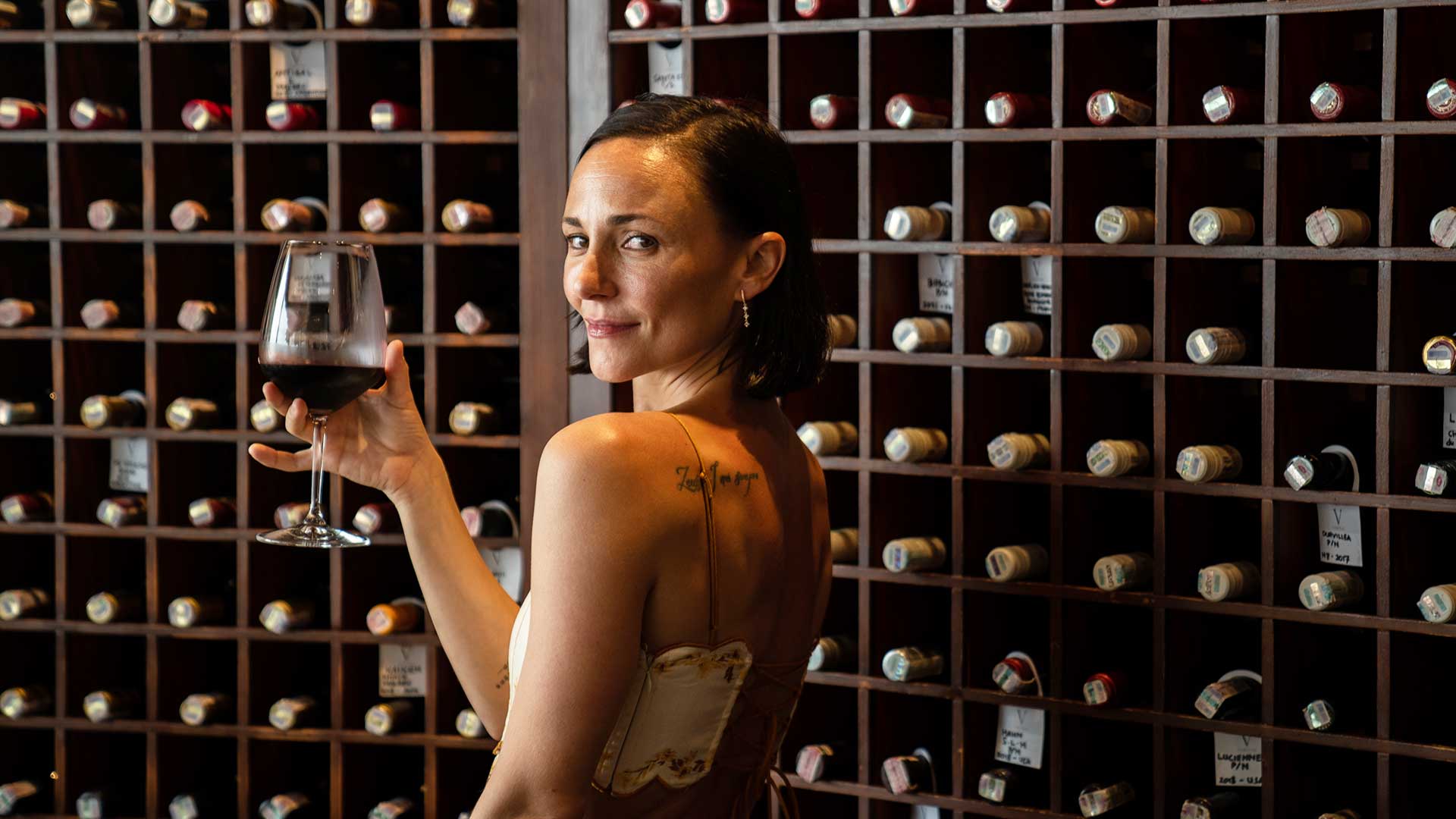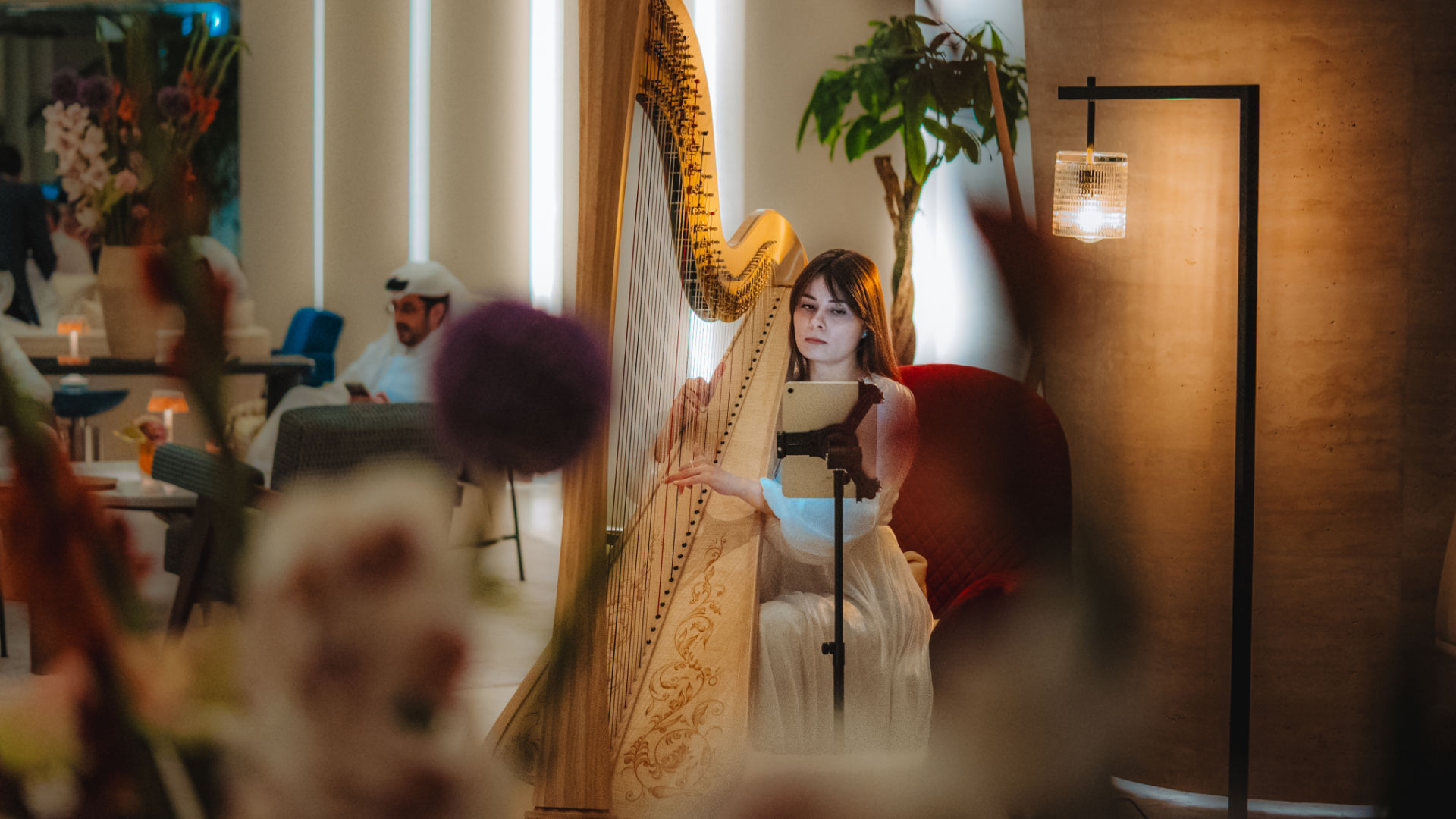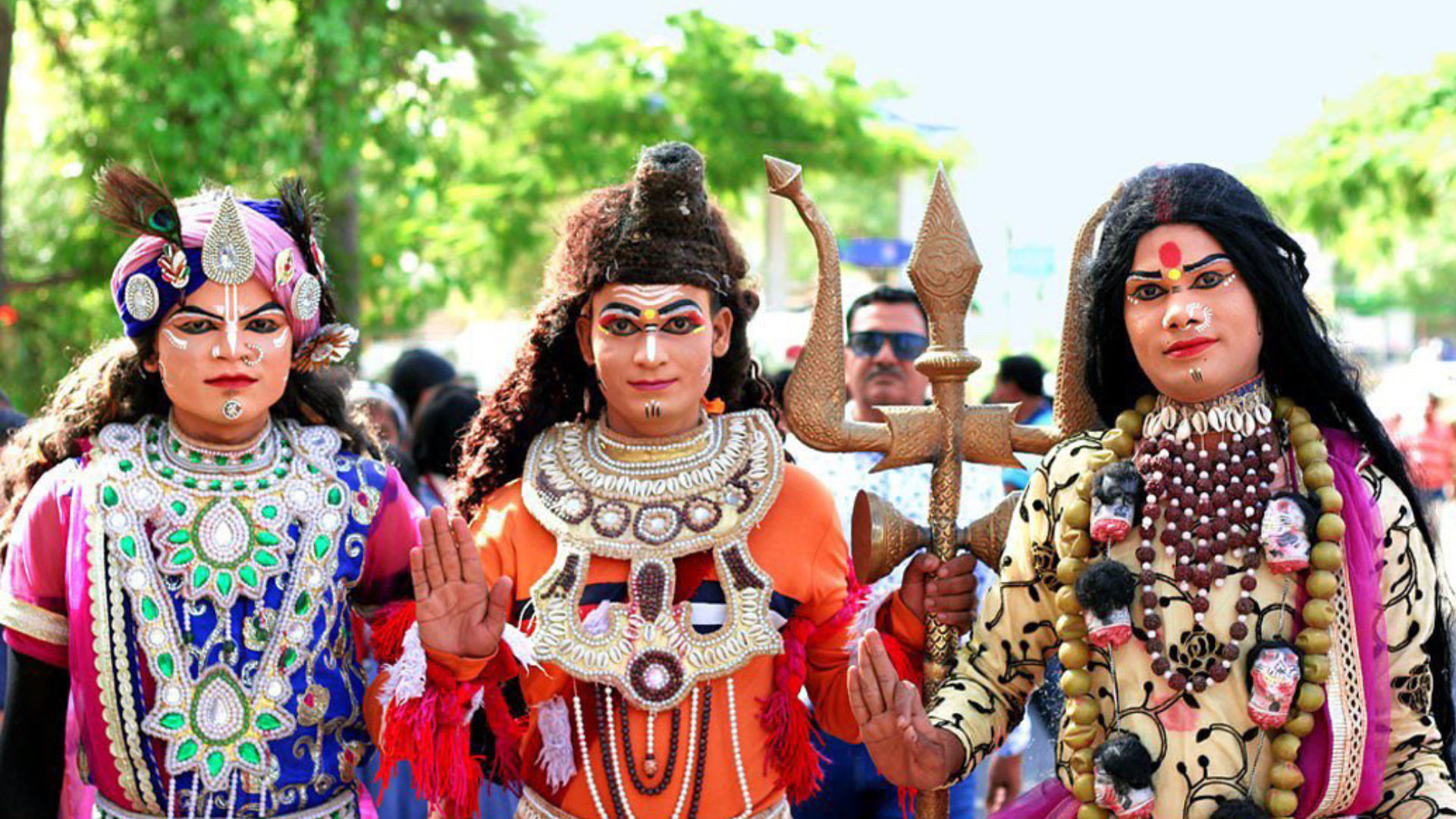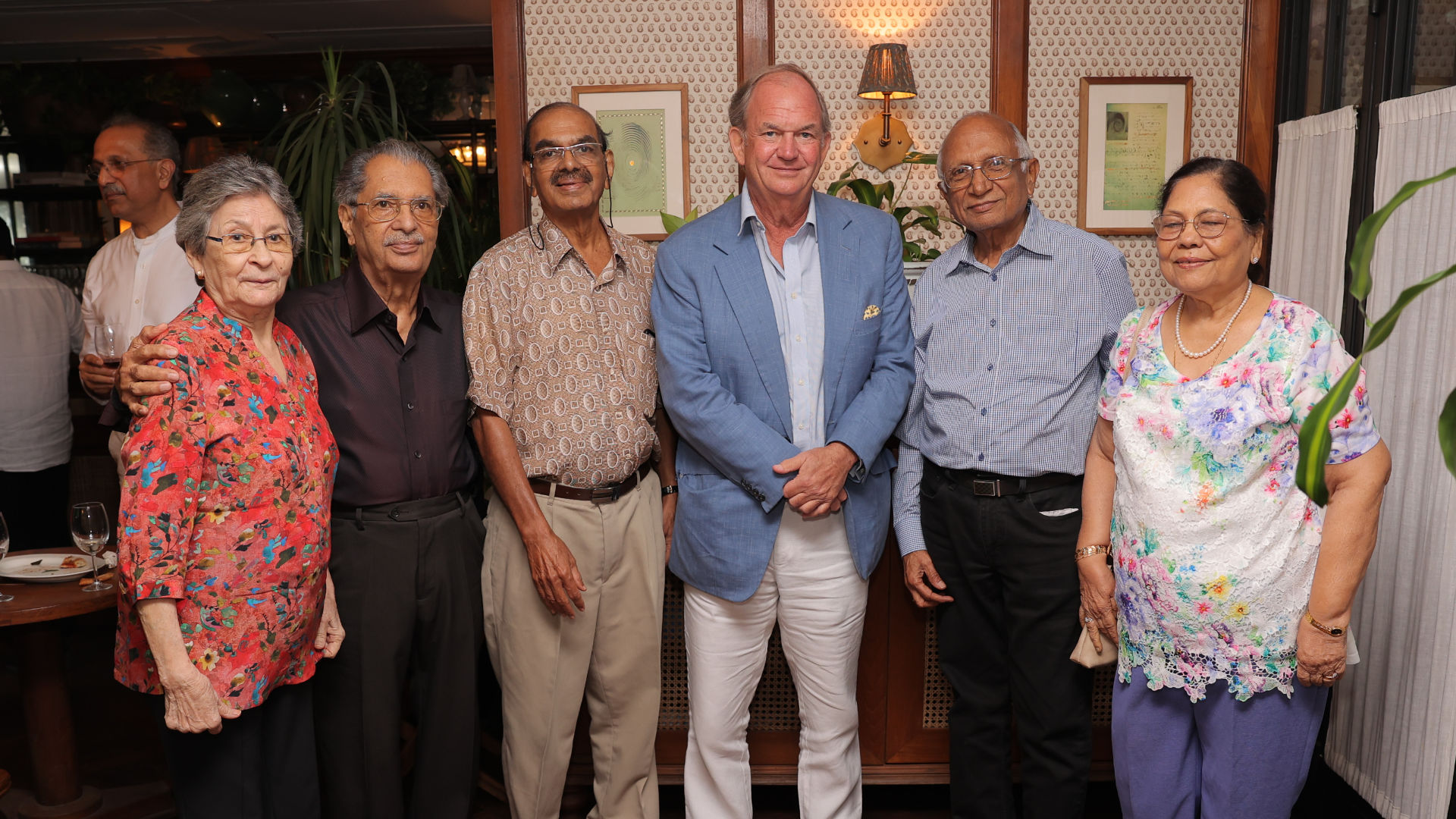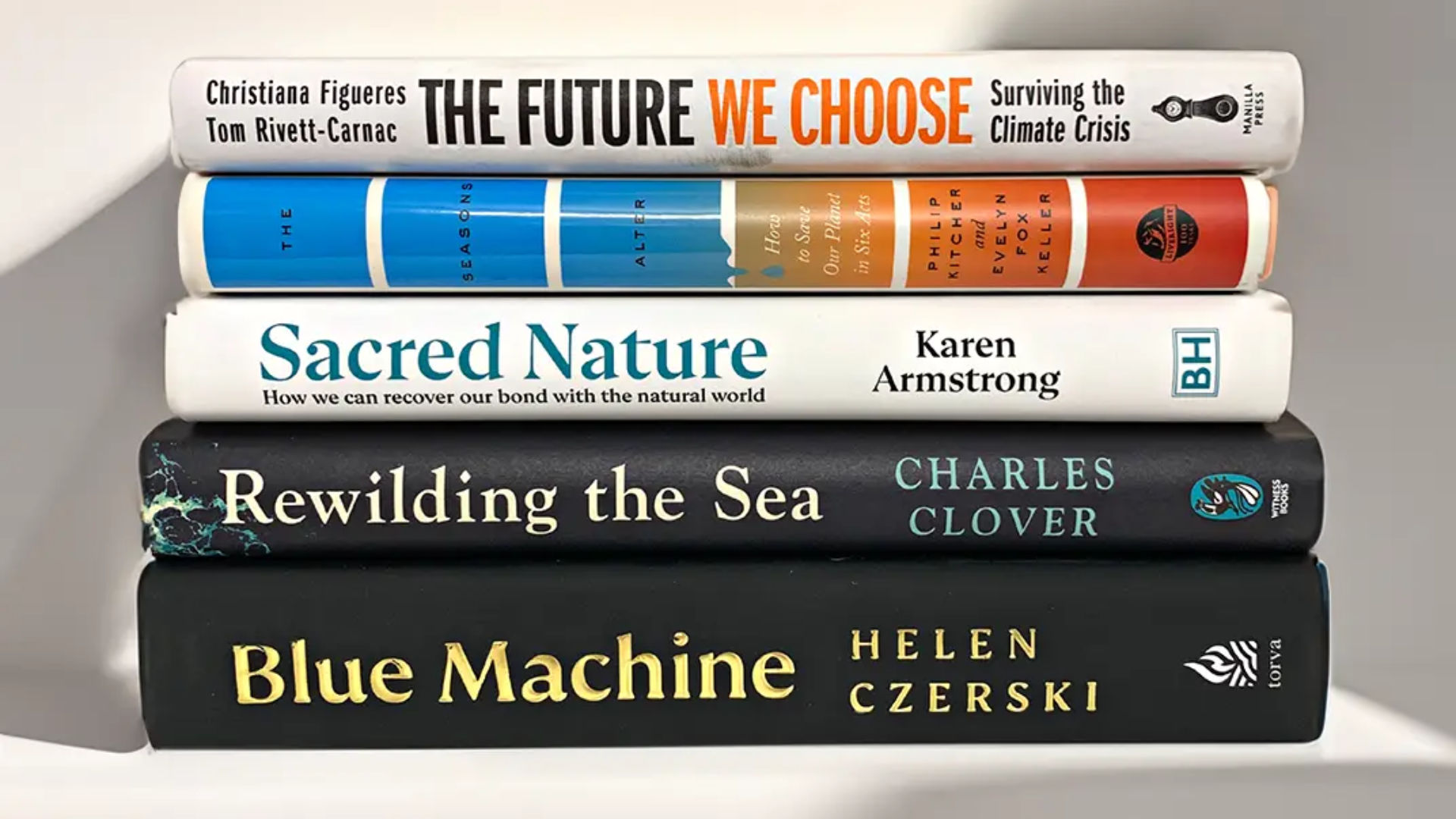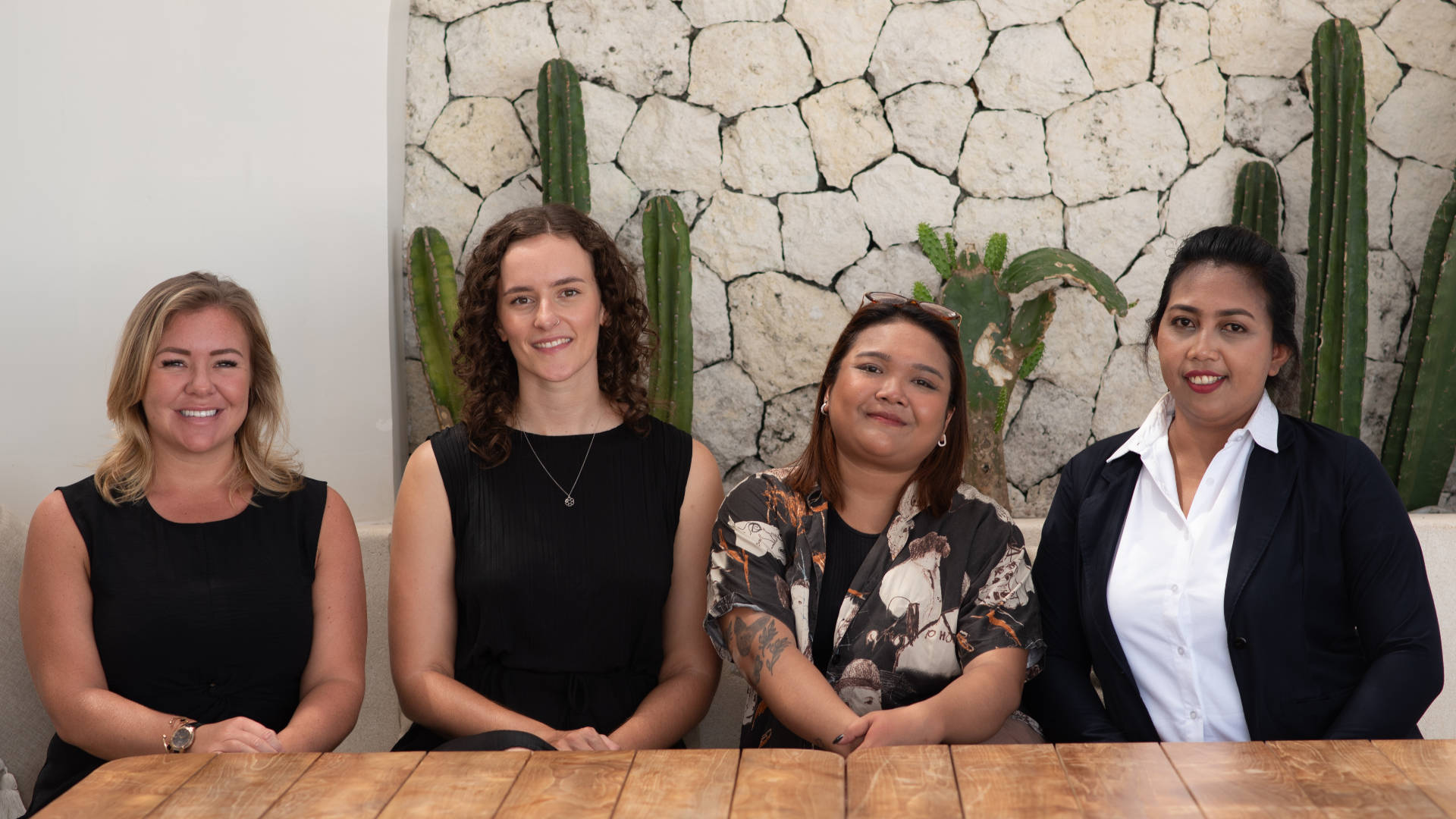Karma Ambassador Briana Evigan is a force of nature – from starring in the hugely successful street-dance film franchise Step Up to ‘Scream Queen’ roles, independent films and recently tackling documentary in the shape of her recent film MoveMe South Africa, the California native carries an infectious energy wherever she goes. Having just celebrated her wedding at Karma Kandara, Briana was kind enough to sit down with Karma Community for a chat…
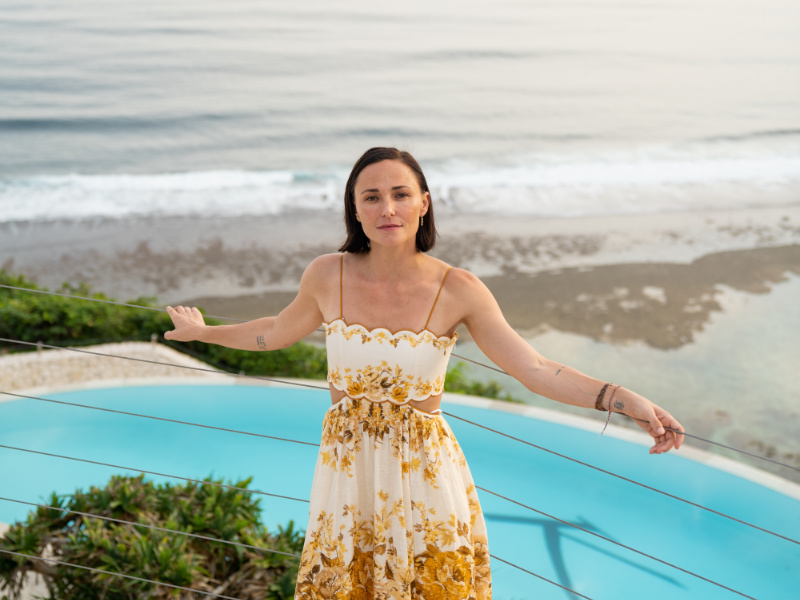
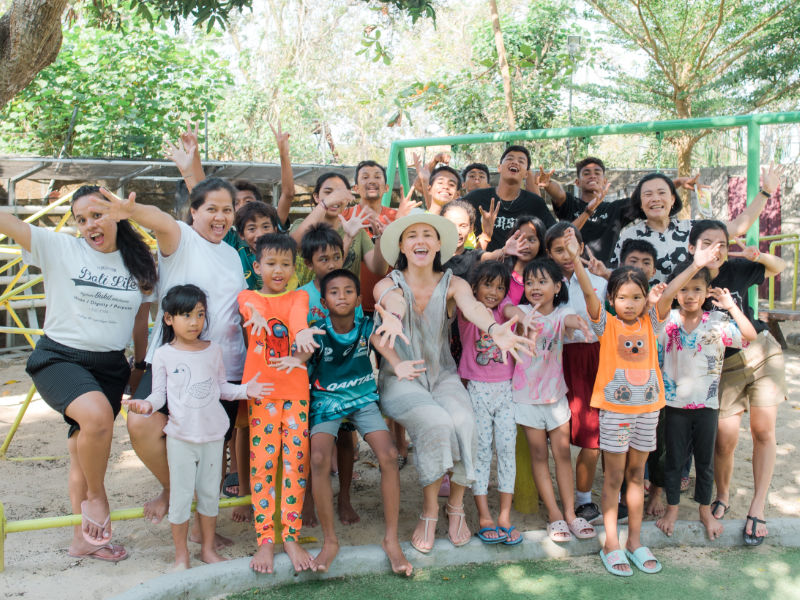
What inspired you to get into acting?
All right, so what inspired me to pursue acting as a profession? So I booked Step Up. My family comes from an entertainment background, so I actually was not trying to go in that direction. But when I booked Step Up, it threw me right into acting. And the movie Burning Bright that I actually did a few years later was the one that really made me want to continue acting. I got to work with green screens. I had started falling in love with the process of character building and performing,
What early experiences in the entertainment industry helped shape your career?
Being able to bring these characters to life and become them on screen. Storytelling quickly became the number one passion and overrode my dancing career. So number two, I’d say, you know, obviously Step Up was a huge part of shaping the career. I had originally been a dancer my whole life. Getting that experience with a huge studio right off the bat really just threw me right into the business.
I’d say also, you know, you have these teams of people that work with you. So I had a publicist, I had the attorney, the management team, agents that were all working with me to find the next right roles for me, which was very exciting. I got to work for about five years pretty straight consistently between studios and independent films. And I think just the more I got to break down into these deep characters that I started falling in love with that had these pieces that actually lived inside of me, allowed me to want to continue doing what I was doing. I’d say, you know, Step Up, Sorority Row, Mother’s Day, some of these scream queen type movies were the ones that probably highlighted the career. I wouldn’t say that they shaped them because they weren’t necessarily my favourite works of art. But I think some of those big studio ones, you know, they come with very big press junkets and travel around the world where you’re meeting with lots of people and publicising all of the work that you’re doing.
Your breakout role was in the dance-themed film “Step Up 2: The Streets.” How did you marry dancing with acting in this role?
So I was a dancer first. I don’t think there was even time to marry the two. I don’t really, I have to say I didn’t know what I was doing. I dropped into this role pretty quickly and was very focused on the dance. And the cool thing for me with playing Andy West was she was very much like who I was in real life. That was me. That was me that walked into that audition that day and got that job seven callbacks later. So I’d say it was probably one of the most natural roles for me to play, having been a hip hop dancer dancing in the streets and exactly what that movie portrayed.
What is your process when preparing for a given role?
When preparing for a role, there’s a lot of different things that happen. There’s, you know, obviously the memorising process, which is kind of this straightforward reading things over and over and over and over again, cold reading, we call it, and then memorising line by line by line by line and putting nothing to it so that when you’re ready to, you know, be in front of the cameras, everything just naturally comes out and can come out differently each time. Going through tonnes of different emotions and sometimes I would use past experiences that would activate certain emotions in me. Oftentimes I could create an entirely new story in my head and run with that.
But becoming the character is the real way to go. So you know, whether it’s with clothing or changing your hair or, yeah, wardrobe, finding the pieces that are in this character on the page that also live inside of you is huge. So then you can naturally become this person and be and play and breathe and eat and walk the way that person does. Then there’s also, you know, researching. There’s a movie I did called Just Below Sunset a little while ago and I played a woman that had schizophrenia.
So I put on these headphones, actually, that would play five different voices in my head throughout the day so I could properly understand what it felt like to have this disease and to go about your day having voices attack you and tell you to do this, this or that. Also had to lose some weight for that role. So there’s all of these different pieces that come into it. But I’d say most importantly, it’s seeing and seeing yourself as that role and becoming that person physically,mentally and emotionally.
Which roles have you found especially challenging or rewarding to play?
Especially challenging or rewarding to play would be Just Below Sunset. I played a woman named Katya. It’s based on a true story. The one I just spoke of schizophrenia. It was very, very challenging to drop into that role for over a month. And the hardest part was to come home at the end of every night, continue working on the for the next day and just man staying in that character was depressing. So kind of having to go back and forth through your real life and the role that you’re playing on a daily basis can be quite challenging. Another one would be rewarding would be Love Is All You Need and Toy. Two more stories that were based on true events. Toy, I played a woman that fell in love with another woman. Also has a disease, knows she’s going to die. Really, really harsh, hard, dramatic love story. But I loved it because it was about love. And those are my favorite, favorite types of films to make, to spread love and to spread hope. Love Is All You Need was especially rewarding as well. It’s a movie that hits very hard on gay rights. And the director, you know, she pulled all of these pieces from these real stories, including her own. So I got the honour to fill that role and become that character that so many people have been experiencing the horrible trauma that has come with just who they are. Yeah, I love to bring light to those sorts of topics.
Sorority Row” is a cult classic. What was it like working on a horror film and did you relish the role of ‘scream queen’?
Yes, Sorority Row, the cult classic! That was a very fun film to work on. I’ve got some best girlfriends out of it, which became the greatest part of that film. It was fun every day, day and night. It was freezing cold when we were filming, though. So that was the only challenge with that movie. You know, and I’m actually, I’m not a huge horror film person. So after some of these movies and I got called Scream Queen, you know, it felt, it felt great and was fun. And we had a bunch of magazine things out there and press going on about it all. But it wouldn’t be my category of where I’d love to be placed as an actor. But hey, any of the titles are an honour. And I’m sure in the future, I will continue to try to stick to more psychological thrillers than the horror type films.
You’ve also worked on indie films like “Toy” and “Love Is All You Need?” How did those experiences compare with your other projects?
So, yeah, Toy and Love is All You Need. They’re incomparable. You know, these are the projects with the real heavy-hitting stories that real people are behind. It’s not a fantasy world that’s made up. It’s not horror, thriller and killing. It’s it’s real trauma that people are living in today’s world. So these two were definitely up at the top of my favourites to film. The directors, Patrick Chapman and Kim Rocco Shields were just phenomenal humans to work with. The cast was amazing. And these were two roles where I got to dive really, really deep, not only into myself, but learning other people’s stories and what they had experienced in their lives.
How is the entertainment industry changing – and what needs to happen to make it a fair, safe and sustainable space for writers, actors, crew and other stakeholders?
So the industry is changing and has been changing for quite some time now, which is partially why I took off and moved to South Africa to start my own production company. It’s an international company called Move Me, Move Me Studio, where we do inspiring media that compels action. Something that we want to do that’s different is give 50 percent of the net profits that go to the founders back to the areas where the content was created. I’m a big into impact filmmaking, things that make a difference. As I had started to do that with my own career, some of the difficulties, obviously right now, were the writers’ strike and actors’ strike. And I’m very happy that we fought for our rights.
Writers, actors, crew members, directors, everybody, they work anywhere from 12 to 19 hours a day, sometimes even more. And the hours are insane. The pay is too low. The credits are too low. And then on top of that, the money that the studios make doesn’t go back necessarily to a place where we got to learn about the story. So that’s a big piece of what we want to help change with our production house is how do we give back to these people that have shared their beautiful stories and trusted in us to share them with the world? I’d say I’d be fighting for a bit more of a quality when it comes to all of these deals. There’s issues with pensions, health care, IT, all sorts of different things right now going on. So if we can find some middle ground, that would be fair. I mean, you look at the talent out there and the people working and what they’re putting in and spending time away from their families and creating art and using their talent, which is a gift, and it’s not being rewarded. So I’m interested in being a part of finding ways to create those rewards and those benefits for people and being on the right side of that for sure. I also think just to add to that, you know, the crew members and some of these people behind the scenes that are never really credited, we couldn’t do it without them. So how do we put them in the spotlight as well?
You know, there’s gaffers, there’s set designs, it takes an empire. You know, sometimes on a crew list you see anywhere between 40 people to 300 people. So there are so many hands at work to make the magic that we all get to watch on the big screen. I also think that getting rid of some of the hierarchies and starting with building a different foundation from the start could also really help with all of this.
Looking ahead, do you have any upcoming projects or roles that you’re particularly excited about, and can you provide us with a sneak peek into what’s next for Briana Evigan in the world of entertainment?
Yes, upcoming projects and roles. So Just Below Sunset hasn’t come out yet.Neither has Love Is All You Need. It did the festival run, but I’m really looking forward to both those films coming out in the world, seeing them. I think they’re very important content to be watched. With my own company, we’ve got at Move Me Studios, we’ve got Charlie, which right now is a movie, but we are likely turning it into a TV series right now. It’s an anti-poaching film, also a story about family, and it takes place in South Africa. Another hard-hitting story with hopefully an end that brings people hope, brings people peace, brings people justice, brings people an awareness and an education around another war that is happening in South Africa.
Also, I’m excited about Abundant Village, which is our NGO, our 501C3. And Abundant Village is an eco-friendly village built from the ground up. It works as a source to bring the most needed resources to the communities that surround it. This includes water, food, energy, housing, child care, health care, education and job opportunities. And our hope is to generate enough income to cover its ongoing expenses. So right now, we’re in the middle of the pilot village, which is in South Africa. And we’ve been working with the Shangan King, who’s allocated in partnership with us 10 hectares of land so that we can build the pilot demonstration village to be the blueprint around the world.
And our mission is to build a hundred of these villages around the world or expand a hundred villages in the next decade. Aside from that, we’ve got some other TV shows and projects and films in the work under the studio, but nothing to be shared yet.
You recently got married at Karma Kandara. Can you tell us about your experience at the resort and of Bali in general?
That all came about because John Spence, the owner, I met him about 12 years ago now. I just had drinks and dinner and swam in his ocean right there at Karma and reached out 12 years later and asked if I could get married there. And we did. And it was literally the most phenomenal week of my life yet. 192 people showed up and flew from all around the world. And I’ve never felt so much love and magic in an entire week. Everybody at Karma completely took care of us in like 10 times more than anything we could have possibly imagined. The wedding was beautiful. There was just so much deep connection. I just am still reeling from that week and wanting to hold on to it for the rest of my life. And I’m forever grateful that now I’ve gotten to become an ambassador and do work with Karma and see what the future holds for us with Abundant Village and a bunch of their nonprofit work that they’re doing as well with schools and orphanages and educating young children. And just fighting the good fight.
We heard you recently won a major award – tell us more?
It was actually the Vegas Film Awards. And we won Best Documentary and we won Best Female Film or Best Woman Filmmaker. So that was really, really, really cool. I actually just submitted our documentary as just a little test run to see if it would get any traction. And it won right off the bat. So next up is me submitting to some more festivals and raising enough money to complete the series in South Africa that we’ve already started. So we’ve got the pilot and that’s what we’ve been pitching right now. It gets into the talents, the unseen raw talents of artists in South Africa. It gets into the poaching crisis. It covers food. It covers Abundant Village. It covers the connection between culture and all the humans in the area and them coming together to make the world a better place and uplifting the human spirit. There’s a lot of women empowerment sort of stuff in there and, you know, putting women up front. What happens? It can change. And it’s like you give a woman a fish, she’ll feed her family. You teach a woman to fish, she’ll feed her entire village. So that motto really has become a reality living out on this side of the world and watching what women do with job opportunities and what they do with their money. And 12, I think I pretty much have probably already answered this, but just to sum it up again one more time
You’re involved in a lot of philanthropy – can you tell us more about this and about your Move Me project?
MoveMe Studio is our production house that’s inspiring media that compels action. And we’ve basically partnered that up with Abundant Village, our NGO, so that any money that comes in through MoveMe can be funnelled over to Abundant Village and that it can be self-sustaining for each village. They go hand in hand. It’s a lot of the same team members on each one building this from the ground up right now. And again, building that infrastructure that’s strong, that’s different, that’s fair. And that gives back no matter what we do and no matter where we go. So, yes, these are both global companies and my hopes for the future is on the film side to just continue finding really incredible, strong, beautiful, hopeful stories around the world and delivering them in the best of our ability to shine light on some of these dark, heavy subjects, but also the honest truth and showing different perspectives because it’s up to other people to make up their mind of how they feel about all these different topics that we’re living in right now. But it’s up to us as the storytellers to show them and share them and get that part right. So thank you for this, Clinton. Let me know if you need me to elaborate anywhere else. And I will talk to you very soon.

